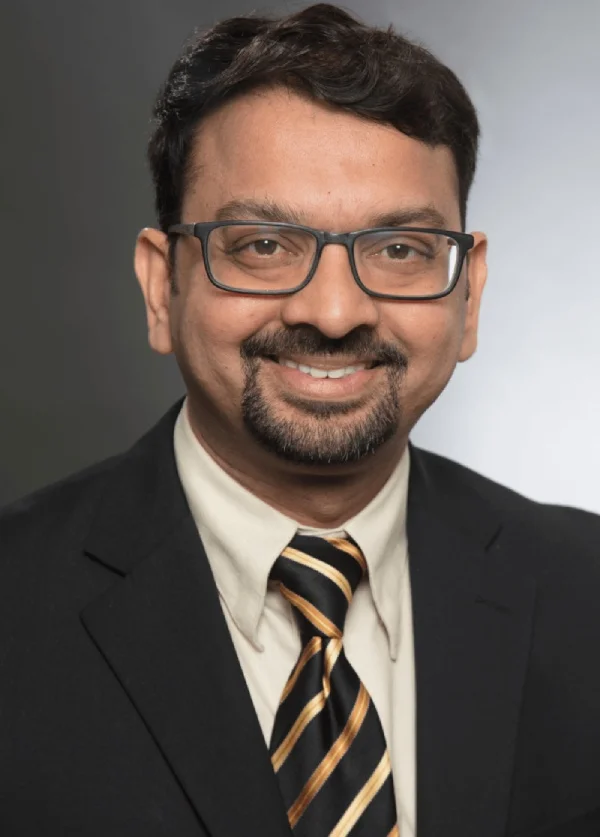Contact Us
Our Wins
Testimonials
What Industry Leaders Say
“Community-based physicians bring real-world perspective to clinical trials, resulting in more relevant study questions and a more centered approach to research.”
Katherine Kahn, MDRAND Corporation
“It's clear that it's very, very important we think about how we take trials to our patients. The vast majority of patients are seen in a community setting. And the time is right. We've seen a great experience with telehealth over the last few weeks. We've seen remote data monitoring and remote data capture. So we really are in a place now to not lose momentum.”
Howard A. “Skip” Burris III, MD, FACP, FASCO2020 Community Oncology Conference
“Community physicians can be better strategic partners for pharmaceutical companies because they are able to review proposals and contracts faster, recruit patients more rapidly, and offer an overall lower trial cost and greater diversity of treatment states in their patient base.”
Daniel R. Saltzstein, MD2016 Large Urology Group Practice Association Annual Meeting
“Sponsors and CROs have a lot of people working on the trial, so there can often be a lot of redundant steps that cause delays. Centralizing coordination and improving organization could save me hours; and if you multiply that across all the studies happening at any given time, it could add up to days of improved productivity.”
Katie Seehusen, Regulatory SpecialistClinical Researcher 2020
“Clinical trials should be happening in the community.”
Timothy Yeatman, MD2016 ACCC National Oncology Conference
“Community oncologists face numerous complex, multifaceted barriers. Lack of appropriate trials for their patient population, insufficient infrastructure support, and increased physician burden were identified as the major factors that influence trial participation. There remains a substantial need for new strategies to improve cancer research delivery in the community.”
Wong et al.JCO Oncology Practice 2020
“Although physician referral is one of the most effective means of recruiting patients to clinical trials, some physicians may be reluctant to refer because they perceive an excessive administrative or financial burden to their practice.”
EDICTTechnical Report 2008
“The inclusion of patients screened and enrolled for clinical trials in community settings is important for assessing treatment efficacy. There were no significant differences in the outcomes seen in the treatment of chronic hepatitis C when comparing academic-based and community-based site performance.”
Jou et al.Journal of Clinical Gastroenterology 2013 Initiatives

Brajesh Agrawal, MD
Chief Medical Officer
Brajesh Agrawal is a board-certified neurologist and clinical neurophysiologist with more than 15 years of experience in drug development. He oversees the clinical research, operations, biometrics & data management, and medical writing teams. He provides strategic leadership for the principal investigator network, developing clinical sites across multiple disease areas, including neuroscience & pain medicine, dermatology, rheumatology, and gastroenterology. Prior to joining Adaptive Research, he served as assistant clinical professor (affiliate) at Stanford University and Southern Illinois University. During his tenure at academic centers, he was instrumental to the late-stage development and approval of various neuroscience therapies. Brajesh received an MD from the All India Institute of Medical Sciences in New Delhi, India, and the Southern Illinois University School of Medicine, where he also completed his neurology residency. He was a fellow at the University of Wisconsin Hospital and Clinics, Madison. When he is not working, Brajesh likes to travel, read books, play board games, and solve puzzle games with family and friends.

Amol Takalkar, MD, MS, MBA
VP, Clinical Affairs and Head, Nuclear Medicine
Amol Takalkar is a board-certified nuclear medicine and molecular imaging specialist with significant experience and expertise in PET/CT imaging including the upcoming paradigm of theranostics, and molecular imaging and therapy using FDG and other novel PET probes in oncology, neurology, cardiology, inflammation, and infection. He has more than 14 years dedicated and compassionate physician executive leadership experience. Amol oversees clinical affairs, and nuclear medicine teams at Adaptive Research, and is a highly talented, multifaceted biomedical engineering, healthcare, healthcare management, and business development professional. Previously, he was the medical director at the Center for Molecular Imaging and Therapy at the Biomedical Research Foundation of Northwest Louisiana in Shreveport, LA and professor of radiology and associate director of research in the Department of Radiology at Louisiana State University (LSU) Shreveport. Amol received his medical degree from the B. J. Medical College in Pune, India and holds a Masters in Biomedical Engineering from the University of Virginia in Charlottesville, VA, and an MBA from LSU. He did his nuclear medicine residency at the Hospital of University of Pennsylvania in Philadelphia, PA. He serves on several committees and boards including the Society of Nuclear Medicine and Molecular Imaging.
FAQ
Strategy Realization Model
- Establish framework, process, and discipline across an organization to accomplish the essential strategic objectives for success
- Align finite resources throughout the organization to ensure the most important things get done
- Enable visibility to project and portfolio performance to ensure realization of organizational benefits
